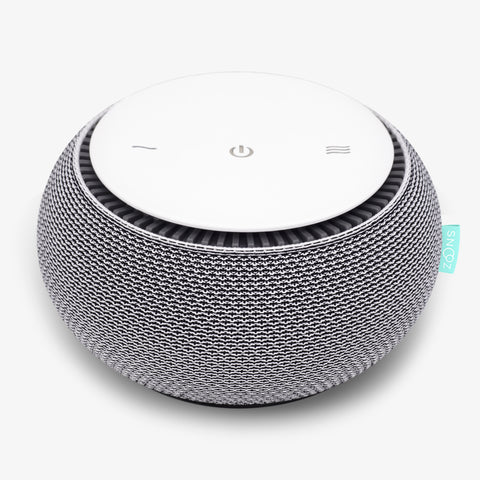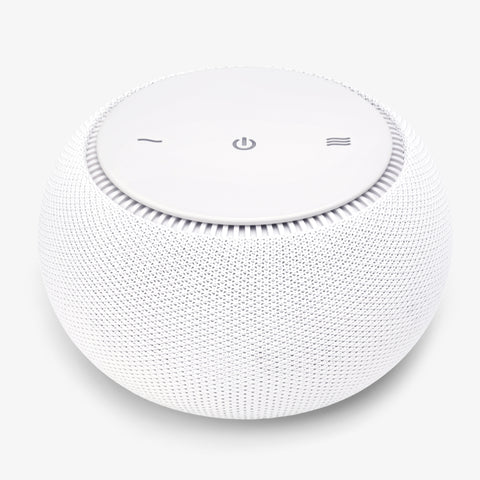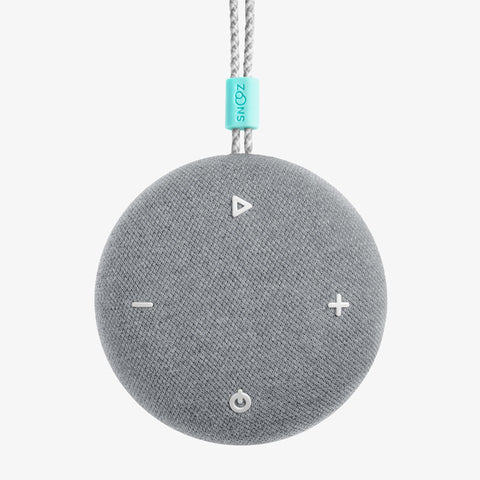
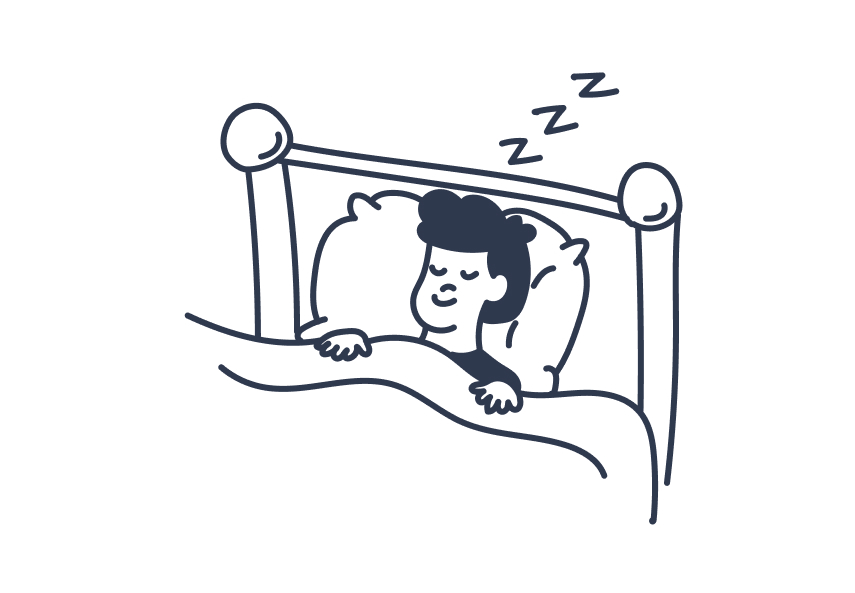
Sleep Tips
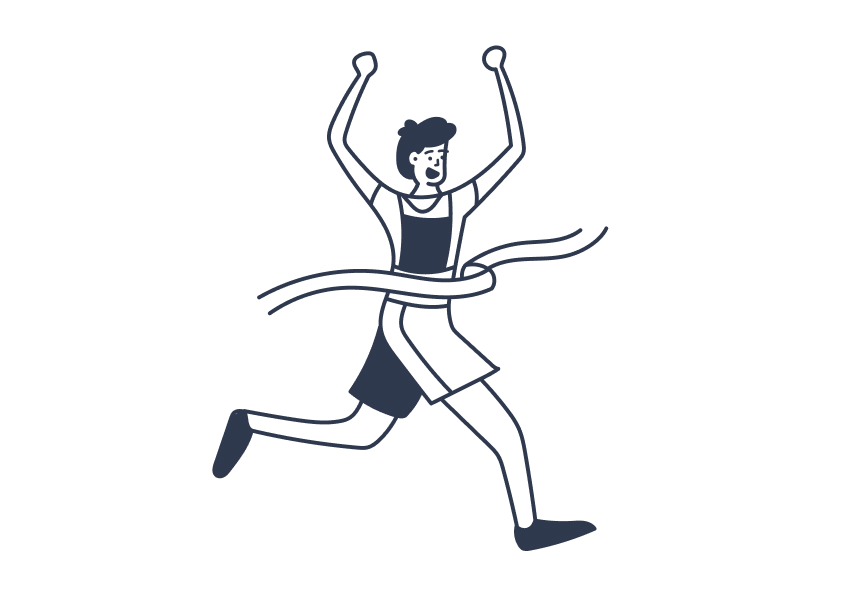
Sleep + Wellness
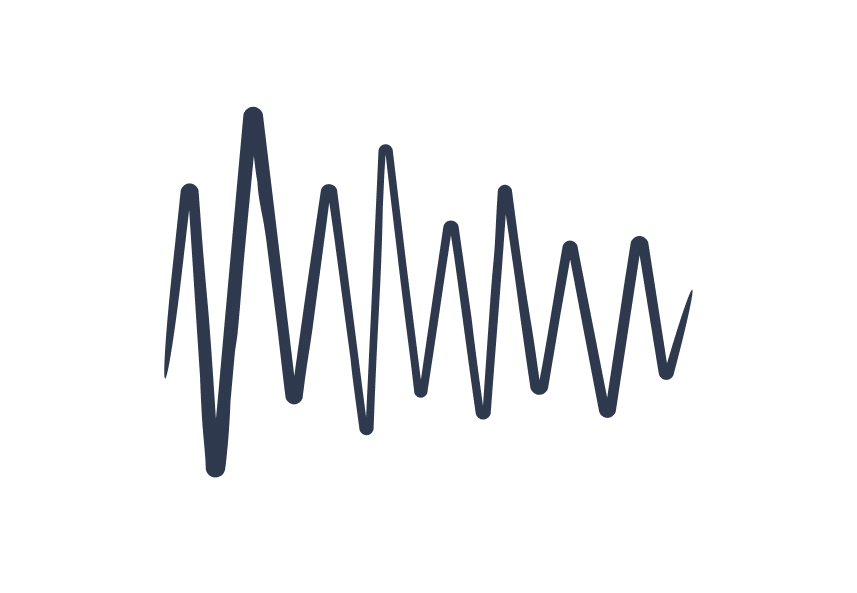
White Noise

Sleep Science

White Noise + Pets
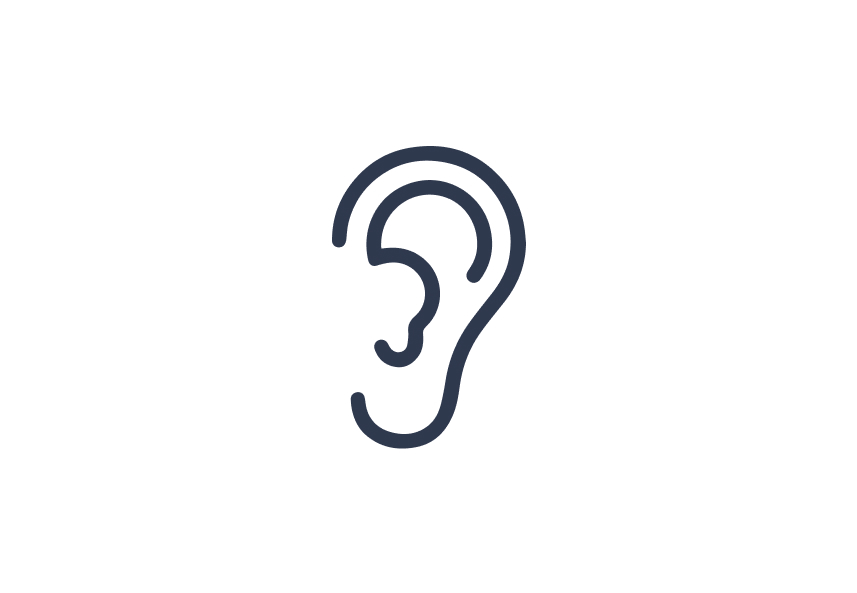
Tinnitus

Sleep Tips

Sleep + Wellness

White Noise

Sleep Science

White Noise + Pets

Tinnitus
The Latest

Why the Week After Daylight Savings Time Is Drowsy Driving Week
This Sunday, you're going to gain an hour of sleep. Sounds great, right? Wrong. Here's what actually happens: You'll change your clocks back on Sunday morning, maybe sleep in a little, and feel pretty good about the whole thing. "Extra hour of sleep!" everyone will say.
Why the Week After Daylight Savings Time Is Drowsy Driving Week
This Sunday, you're going to gain an hour of sleep. Sounds great, right? Wrong. Here's what actually happens: You'll change your clocks back on Sunday morning, maybe sleep in a little, and feel pretty good about the whole thing. "Extra hour of sleep!" everyone will say.
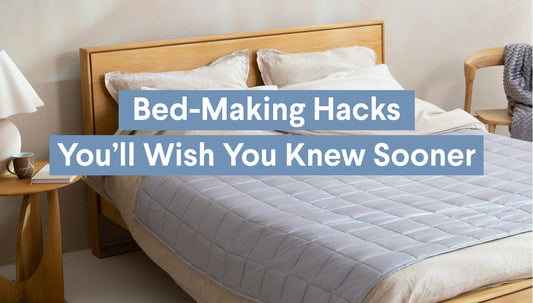
Make Your Bed Faster for Better Sleep: Quick Tips for Comfier Nights
Comfort is one of the four pillars of great sleep—right alongside temperature, light, and sound—yet it’s the one we often overlook when we toss the covers and run. A 60-second morning reset makes your bed more inviting at night.
Make Your Bed Faster for Better Sleep: Quick Tips for Comfier Nights
Comfort is one of the four pillars of great sleep—right alongside temperature, light, and sound—yet it’s the one we often overlook when we toss the covers and run. A 60-second morning reset makes your bed more inviting at night.

Dogs Afraid of Fireworks? How to Calm Dog Anxiety on the 4th of July With White Noise
While we enjoy the dazzling sparkle and boom of Fourth of July fireworks, our pets often feel terrified.. Those loud, unpredictable explosions trigger intense anxiety...
Dogs Afraid of Fireworks? How to Calm Dog Anxiety on the 4th of July With White Noise
While we enjoy the dazzling sparkle and boom of Fourth of July fireworks, our pets often feel terrified.. Those loud, unpredictable explosions trigger intense anxiety...

Are You Using White Noise Correctly? 5 Common Mistakes to Avoid
White noise can be a powerful tool for better sleep, deeper focus, and even calming anxiety — but only if you’re using it effectively. While...
Are You Using White Noise Correctly? 5 Common Mistakes to Avoid
White noise can be a powerful tool for better sleep, deeper focus, and even calming anxiety — but only if you’re using it effectively. While...
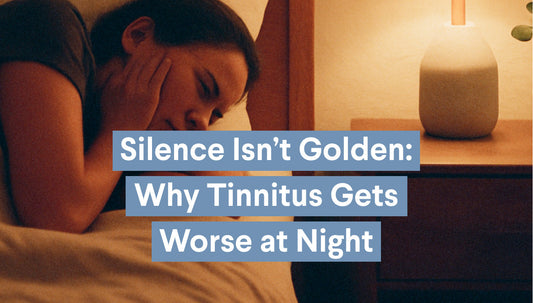
Silence Isn’t Golden: Why Tinnitus Gets Worse at Night — and What You Can Do About It
For many people with tinnitus, nighttime can feel like the hardest part of the day. The world winds down, the TV is off, the streets...
Silence Isn’t Golden: Why Tinnitus Gets Worse at Night — and What You Can Do About It
For many people with tinnitus, nighttime can feel like the hardest part of the day. The world winds down, the TV is off, the streets...

Sleep Your Way to Gains: How Quality Rest Fuels Muscle Growth
When it comes to building muscle, people often focus on training hard and eating right, but there’s another crucial factor that’s often overlooked: sleep. While...
Sleep Your Way to Gains: How Quality Rest Fuels Muscle Growth
When it comes to building muscle, people often focus on training hard and eating right, but there’s another crucial factor that’s often overlooked: sleep. While...

